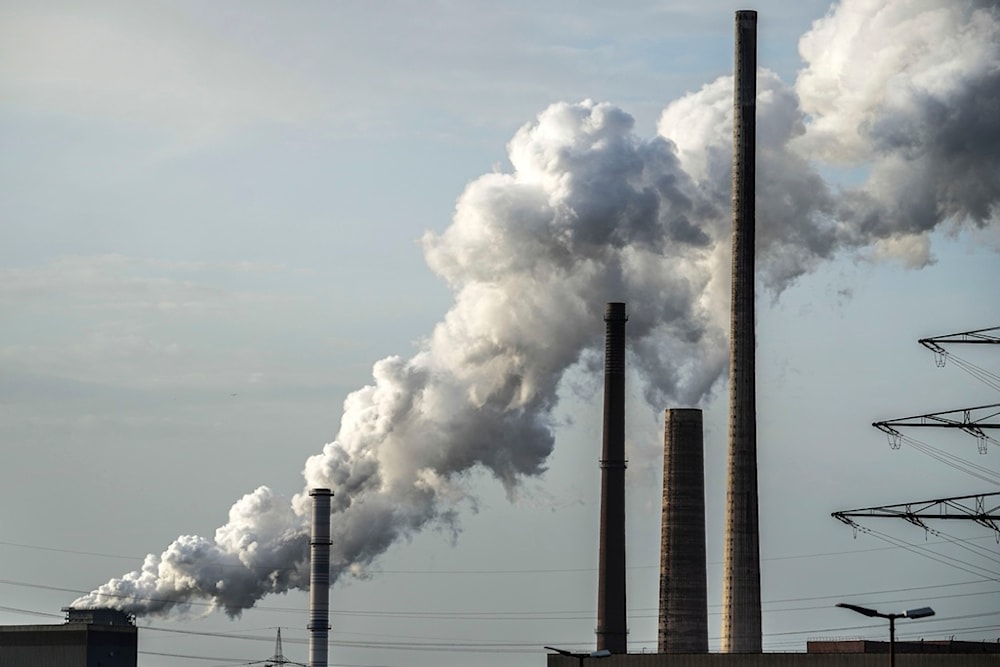Germany paying 2.5 times more for Gas in 2023 compared to 2021
The rising energy prices have sparked a blame game between Germany and Russia.
-

Schwelgern coking plant, which is in operation for German steel producer ThyssenKrupp Steel Europe operates in Duisburg, Germany, Wednesday, Oct. 11, 2023 (AP)
Germany experienced a significant decline in gas imports, importing 2.5 times less gas from January to September 2023 compared to the same period in 2021, according to data from the German statistical office.
Despite the reduced imports, the country failed to achieve any savings as gas prices simultaneously surged by 2.5 times during this period, a calculation by Sputnik revealed.
The data indicates that German gas imports plummeted to 47.9 billion cubic meters from 65.9 billion cubic meters in the corresponding months of the previous year.
To put this into perspective, Germany imported a substantial 121.7 billion cubic meters of gas in 2021. However, the reduced gas supply did not translate into financial relief, as the average annual price per cubic meter surged from 0.18 euros [$0.19] in 2021 to 0.45 euros this year.
Read more: Germany buys Russian oil from India: Reports
As a result of this, Germany's gas import expenditure stood at 21.3 billion euros in January-September 2023, only slightly lower than the 22.2 billion euros spent in the same period in 2021 despite the significant drop in supplies.
The rising energy prices have sparked a blame game, with German Chancellor Olaf Scholz accusing Russia of cutting off pipeline gas supplies to Europe, leading to the surge in prices. In response, Russian Security Council Deputy Chairman Dmitry Medvedev contested these claims on social media, asserting that Europe had rejected Russia's gas supplies and accusing the German leader of dishonesty.
“It was Russia that stopped to supply Europe with energy, it was the Russian president who stopped gas delivery,” Scholz has said.
— Dmitry Medvedev (@MedvedevRussiaE) December 9, 2023
The German is lying through his teeth! They rejected it themselves, they screwed over their own people because of the hatred for Russia, and now… pic.twitter.com/1zX2ouvozZ
The backdrop of these developments includes the European Union's measures to reduce gas consumption and limit reliance on Russian energy resources, implemented since the start of Russia's special operation in Ukraine in February 2022. These measures include a gas price cap, yet Europe has refrained from blocking Moscow's gas supplies to the continent.
It is worth recalling that in August 25, German media ZDF and Der Spiegel said that there is no evidence of Russia's involvement in the pipeline explosions. They added that there is growing evidence that agents linked to Ukraine may be behind the attacks on the Nord Stream pipelines.
Read more: Ukrainian colonel alleged coordinator of Nord Stream attack: WashPo

 3 Min Read
3 Min Read








